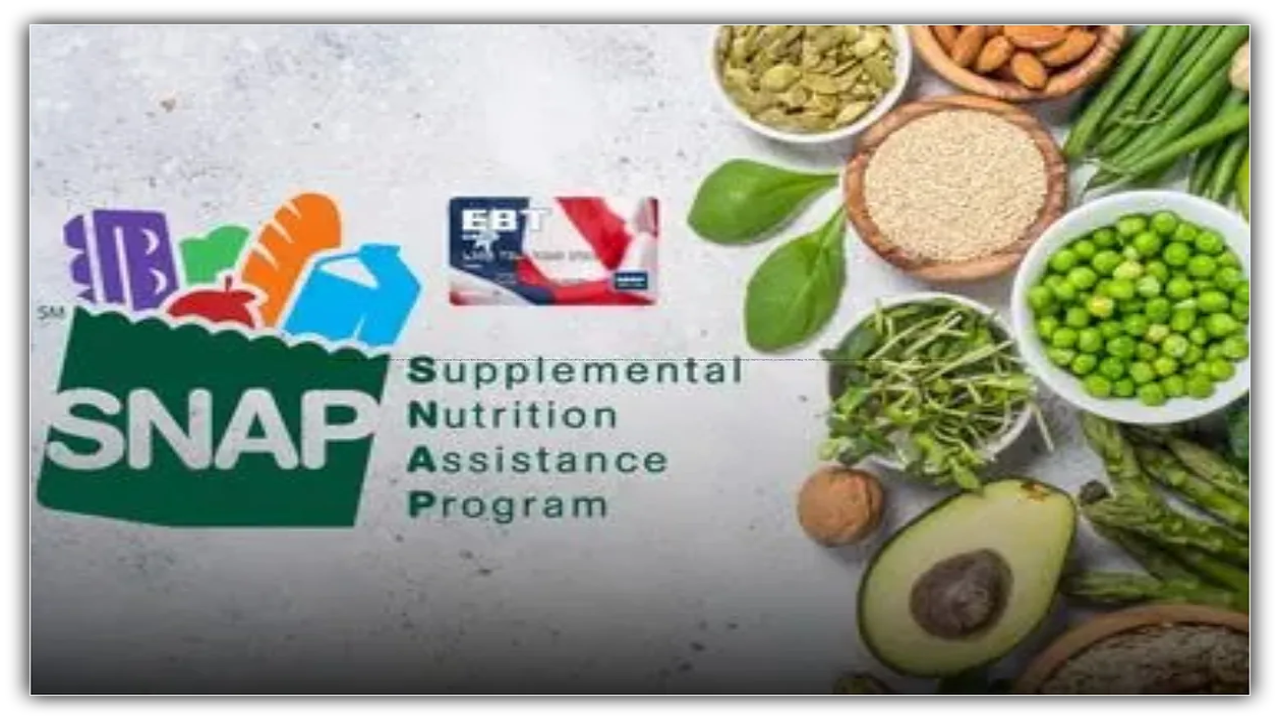SNAP Rule Shocker: Millions May Be Exempt from Work Requirements — Are You One of Them?
Let’s be real — keeping up with government rules isn’t always easy. If you’re on SNAP (formerly known as food stamps), you’ve probably heard something about needing to work to keep getting benefits. But what a lot of people don’t realize is this: not everyone has to follow those rules.
If you’re feeling unsure or even a little nervous about whether you qualify for an exemption, take a deep breath — we’re breaking it all down in plain, simple terms.
So, What Are the SNAP Work Requirements?
There are two main types of work rules you might hear about if you’re getting SNAP:
1. General Work Requirements
These usually apply to adults between 16 and 59. If this includes you, the government expects you to:
-
Sign up for work
-
Not turn down a job offer (unless there’s a good reason)
-
Show up for a job training program if your state tells you to
-
And, of course, not quit your job without a valid excuse
2. ABAWD Requirements
This is short for “Able-Bodied Adults Without Dependents” — basically, adults between 18 and 54 who don’t have a disability or kids living with them. People in this group have to work at least 80 hours a month or take part in job training to keep SNAP for more than 3 months in a 3-year stretch.

But Here’s the Good News: You Might Not Have to Follow These Rules at All
Yep — there are a lot of perfectly valid reasons someone wouldn’t be expected to meet these requirements.
You’re off the hook for general work rules if:
-
You’re working at least 30 hours a week (or earning the same amount you’d make at that rate)
-
You’re younger than 16 or older than 59
-
You’re pregnant
-
You have a physical or mental health issue that makes working hard or impossible
-
You’re taking care of a young child (under age 6) or someone who can’t care for themselves
-
You’re in a drug or alcohol treatment program
-
You’re a student going to school at least half-time
-
You’re already meeting work requirements in another program (like unemployment or TANF)
You’re also exempt from ABAWD time limits if:
-
You’re under 18 or over 54
-
You’re pregnant
-
You live with a child under 18 — even if they’re not yours
-
You’re homeless
-
You’re a veteran
-
You aged out of foster care (you were in foster care when you turned 18)
-
Or, you already qualify for a general work exemption
So if you see yourself in any of these categories, you’re likely safe from losing your SNAP just because you’re not working.
And Depending on Where You Live, You Might Not Need to Worry at All
Some states or counties have waivers, which basically means they don’t enforce the strict work rules for now — usually because jobs are hard to find or unemployment is high in the area.
Here are a few places with waivers as of May 2025:
-
California – Covered statewide through January 2027
-
Illinois – Covered through January 2026
-
Nevada – Covered through January 2026
-
Washington, D.C. – Covered through the end of 2025
-
New York – All areas except Saratoga County are covered through February 2026
If you’re in one of these areas, you might not need to meet work rules at all, even if you’d normally have to.
Heads-Up: Things Might Be Changing Soon
Congress has been talking about tightening up some of these rules. Here’s what they’re considering:
-
Raising the ABAWD age cutoff from 54 to 64
-
Making it harder to qualify as a “caregiver” for exemptions
-
Limiting how often states can waive the rules — even in high-unemployment areas
These proposals haven’t officially passed yet, but they’re worth watching. If they do become law, more people might be asked to work or join job training programs to keep their benefits.
What Should You Do?
If you’re on SNAP — or planning to apply — here’s the best advice:
-
Know your rights: Many people qualify for exemptions and don’t even realize it
-
Keep your paperwork up to date: If your situation changes (like a new baby, health issue, or job), report it right away
-
Talk to someone: Your local SNAP office can walk you through what applies to you
It can feel overwhelming, but you don’t have to figure it all out alone. If you want help checking your eligibility, or need guidance on what’s changing, just say the word — I’ve got you.


Comments are closed, but trackbacks and pingbacks are open.